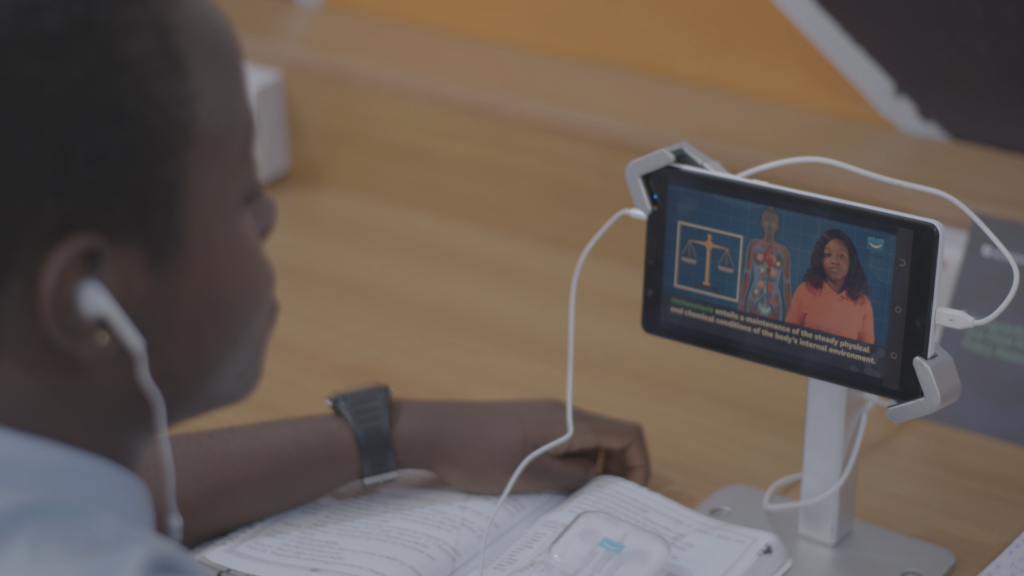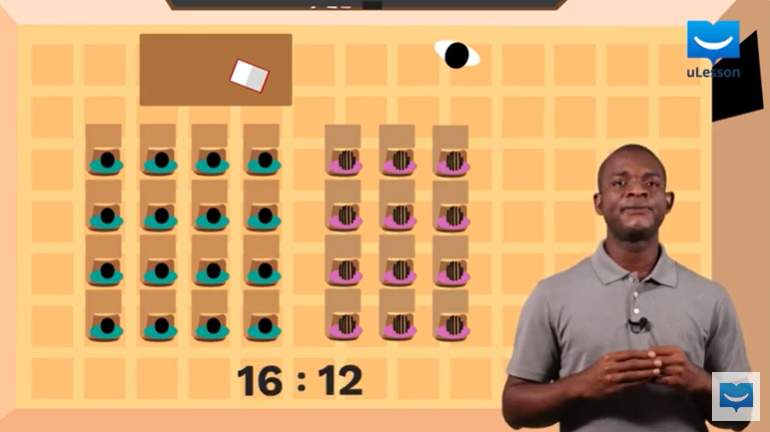For many K-12 learners, remembering what they’ve learned is one of the biggest challenges. After sitting through lessons or studying independently, the information often seems to slip away, especially when it’s time for a test. This issue is common, but why does it happen, and how can you stop it?
One reason could be the overwhelming amount of information learners are exposed to each day. With subjects like mathematics, science, and history, it’s easy to feel lost.
Additionally, some learners may try to memorise without truly understanding the concepts, which leads to cramming—a short-term solution that makes it harder to retain knowledge.
Remembering what you’ve learned is crucial because it’s the foundation for success in exams and everyday problem-solving. The key is to focus on techniques that stop forgetfulness and move information from short-term to long-term memory.

How Can You Stop Forgetting What You’ve Learned?
Use Visuals and Mind Maps
Visual learning is a powerful tool. Instead of reading through notes repeatedly, create mind maps or diagrams. These visuals help you connect ideas and remember them better.
Teach Someone Else
When you teach a concept to someone else, you process the information deeply. This method forces you to understand the material instead of memorising it.
Break Information into Chunks
The brain can hold only a limited amount of information at once. Break down subjects into smaller, manageable parts and learn them in stages. This is known as the ‘chunking’ technique.

Practice, Practice, Practice
Review what you’ve learned regularly. Use quizzes and practice tests to reinforce the material. Repetition is key to moving information into long-term memory.
Repetition and Review
One of the most effective ways to move information from short-term to long-term memory is through repetition. After learning something new, learners should review the material regularly to keep it fresh in their minds.
For instance, students can quiz themselves on the material or use flashcards after each study session. The uLesson app provides practice quizzes and tests that learners can use to reinforce their understanding.
Link New Information to What You Already Know
Making connections between new information and what you already know can help make learning stick. For example, if a student is learning about geometric shapes, they can link the shapes to objects in real life, like a pizza slice as a triangle or a clock as a circle.
By relating new knowledge to familiar experiences, the brain is more likely to store it for long-term use.

Mnemonics
Mnemonics are memory aids that help learners remember information through associations. For example, students learning the order of operations in Mathematics (Brackets, Orders, Division/Multiplication, Addition/Subtraction) can use the phrase “BODMAS” to remember the sequence.
Mnemonics work well for recalling lists, steps, or formulas, and they make learning fun and easier to digest.
Healthy Study Habits
Establishing healthy study habits, such as studying in a distraction-free environment, getting enough sleep, and staying hydrated, can also improve memory.
Studies show that a well-rested brain retains information better. Additionally, breaks during study sessions give the brain time to process and absorb information, making recall easier later on.
How uLesson Can Help You Stop Forgetting What You’ve Learned

The uLesson app is specifically designed to support learners in overcoming the challenges of forgetfulness and retention.
With its vast library of video lessons and practice quizzes, uLesson ensures that students fully understand and internalise concepts instead of merely memorising them.
The app’s engaging video tutorials simplify complex subjects using clear explanations and visuals, making it easier for students to grasp key concepts.

Moreover, uLesson offers practice tests and quizzes that allow students to regularly review and reinforce what they’ve learned.
This consistent practice helps move information into long-term memory, preventing forgetfulness of crucial concepts during exams or assignments.
Don’t let forgetfulness hold you back from academic success. Download the uLesson app today to start remembering more, understanding better, and improving your performance in school.




3 Comments
This is very helpful especially because I normally forget to a lot of topics
It’s great to know you found it helpful, Mirabel.
Zaproxy dolore alias impedit expedita quisquam.